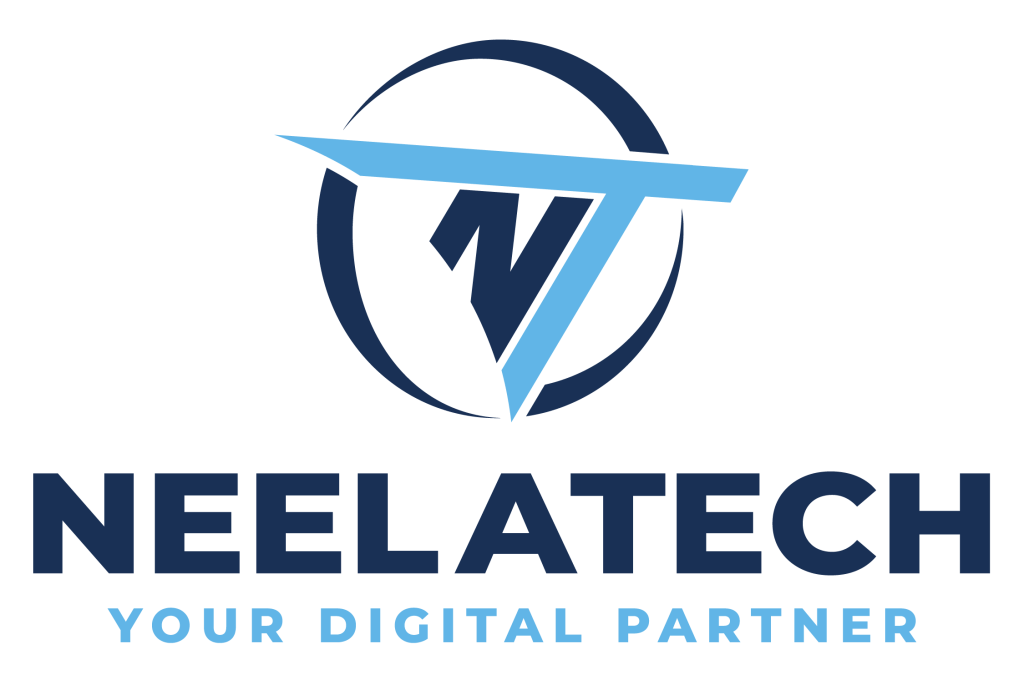Cloud Solution

Over the years, Cloud Computing Services for Businesses have become immensely popular in terms of its speed, quality, and performance. The solutions have simplified the way businesses work with innovation, agility, elasticity, and cost-effectiveness. Today, organizations of all types, sizes, and industries are implementing cloud solutions to have access to wide range facilities flexibly and cost-effectively.
What is Cloud Solutions?
Cloud Solutions are the on-demand IT resource solutions over the Internet that allows businesses to access the data servers online without owning and maintaining physical infrastructure. The solution works on a pay-as-you-go pricing model where the users pay only for the services they use for a given time.
Types of Cloud Solutions:
1. Infrastructure as a Service (IaaS)
Infrastructure as a Service (IaaS) cloud solution works on a pay-as-you-go basis. The solution provides services such as networking, virtualization, and storage. The businesses using the IaaS service model can access, manage, and monitor the data centers virtually that are located at a remote location. This saves the hardware, maintenance, and utility cost allowing the businesses to focus on their core areas rather than the backend work.
Examples of IaaS – Amazon Web Services, Microsoft Azure.
2. Platform as a Service (PaaS)
Platform as a Service (PaaS) is an effective framework for application development, testing, and deployment in a simple, quick, and cost-effective way. PaaS cloud solution allows the developers to focus on the core application development tasks rather than focusing on the cloud backup solutions or the management, storage, and network-related queries that would be handled by a third-party provider. With PaaS, organizations can reduce the amount of coding with a focus on the automation of the business policy and migration of applications to a hybrid model.
Examples of PaaS – Apprenda, Force.com, OpenShift.
3. Software as a Service (SaaS)
Software as a Service (SaaS) is a web-based model that eliminates the need to download, install, and run the applications on your local system. With SaaS, applications are run over the server with the help of a third-party vendor that can be accessed from the client’s end. The organizations across the world have started adopting the SaaS model with which they can grow quickly while adding an advantage over their competitors.
Examples of SaaS – Google Apps, Salesforce, Dropbox.
4. Functions as a Service (FaaS)
With Functions as a Service, the users can develop, run, and execute the modular pieces of code without any infrastructure. FaaS is based on the concept of microservice architecture where the developers can create and modify the small pieces of their codebase and later integrate them into one large system while eliminating the need for complex deployment.
Example of PaaS – Amazon Lambda, IBM Cloud Functions
Common Cloud Services
Microsoft O365 – This cloud-based version of Microsoft allows the users to create, edit, and access the excel documents from multiple locations across the world.
Microsoft Azure Blob – Microsoft Azure Blob is known for storing large chunks of data either privately or publicly in a scalable and cost-effective manner.
Amazon Web Services – AWS allows businesses to store and launch the data in a cloud computing environment where they just need to pay for what they use.
Dropbox – With Dropbox, one can upload and save their files on the server and give its access to anyone located at any remote location across the world.
VMware – VMware empowers users to set up virtual machines on a single physical machine. These machines could be used simultaneously along with the actual machine.
Google Cloud Platform – Google Cloud Platform provides the computing resources with which the users can deploy and operate their applications over the web.
Neelatech is a Cloud Solutions provider empowering business to carry out operations over the web without the need for a physical infrastructure. With the cloud solutions, businesses remains flexible in terms of scalability and adaptable while remaining cost-effective.
